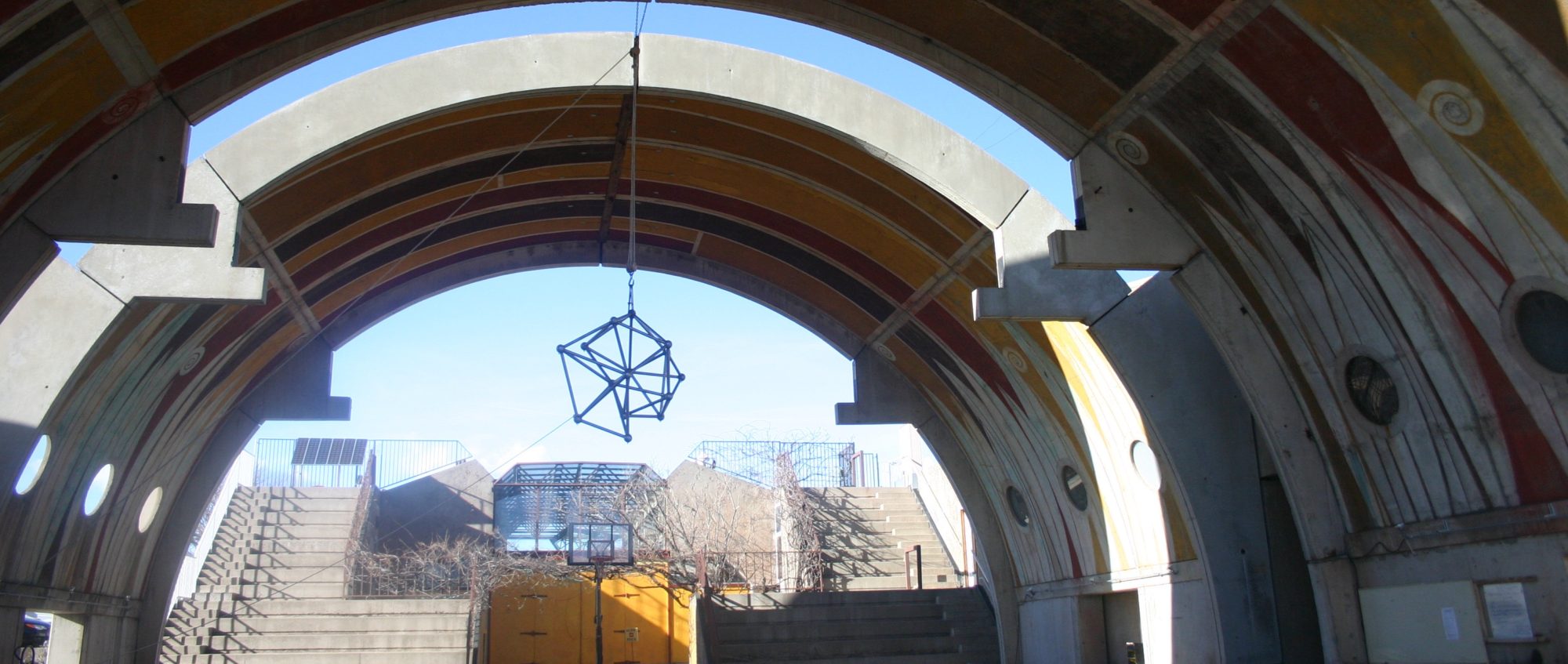Three Muses Writing > Reviews > Music > I Can Name That Movie In 5 Notes
I Can Name That Movie In 5 Notes
Lou Nell Gerard
March 15, 2014

Rutger Hauer as Roy Batty in “Blade Runner”
You are in the kitchen, the TV gets turned to a movie in progress, you can’t see it, but you can hear the music and within a few notes or measures you recognize the movie or movie series or at least you know the director and the composer of the score. The thread of a recurring musical theme is often enough to recognize that a movie is at least one of a group or series of movies. The most illustrative examples may just be the unmistakeable music scored by Henry Mancini for Blake Edwards’ Inspector Clouseau movies, better known as “The Pink Panther” movies–but don’t forget
A Shot in the Dark. The first five to seven notes of the main theme and I start laughing as I recall Peter Sellers falling from his car into a fountain, getting his hand stuck in a spinning globe, causing yet more twitches on Herbert Lom’s face…Mancini captures the fun bumbling madcap slapstick stealth of these movies. Another example: the spaghetti westerns of Sergio Leone perfectly scored by Ennio Morricone–this director/composer pair in many ways better captured our old west than Hollywood. The music becomes part of the landscape and evokes the starkness of life within that place and time. Is it any wonder that Quentin Tarantino used Marricone’s music in the “Kill Bill” movies and that Marricone scored
Django Unchained? Nino Rota has added just the right rousing, off-kilter circus feel characteristically fitting for Federico Fellini movies. Rota has also worked with Francis Ford Coppola on “The Godfather” movies, winning oscars for his scores on the original and the “Part II”. Howard Shore’s scores for Peter Jackson’s Tolkien movies capture the magic and myth of these tales. What about the score John Williams wrote for Steven Spielberg’s “Indiana Jones” movies? Or John Williams again, this time working with George Lucas on the “Star Wars” movies?
Sometimes you can pin down an exact movie. Sticking with John Williams, this time working with Spielberg on E.T. The Extra-Terrestrial. Or one of my all time favorites, I swear just a few notes or even the first couple of beats from the the big timpani, is enough for me to recognize Lawrence of Arabia, directed by David Lean. Maurice Jarre’s music for ‘Lawrence’ evokes the pace of camels sedately crossing the desert or at full-on attack runs as well as the stark beauty of the desert. It illustrates the desert, as described by Peter O’Toole when he is asked about its appeal and he replies simply “It’s clean”. Part of Jarre’s magic is knowing when silence is the best score of all. Another collaboration of theirs, also quickly identifiable within a musical measure is Doctor Zhivago, (Jarre won Oscars for his scores on both ‘Lawrence’ and ‘Zhivago’). What about the wonderful hauntingly beautiful Vangelis score for what is still my all-time favorite science fiction movie, Ridley Scott’s Blade Runner. “Blade Runner Blues” is in my top rated playlist and I cannot imagine any other music than Vangelis’s “Tears in Rain” having the empathy required to back Rutger Hauer in his last scene as Roy “I’ve seen things you people wouldn’t believe. Attack ships on fire off the shoulder of Orion. I’ve watched C-beams glitter in the dark near the Tannhauser Gate. All those moments will be lost in time, like tears in rain. Time to die.”
You probably have some favorite director/composer pairings that I’ve not mentioned. I know as soon as I post this I’ll think of other examples that illustrate wonderful pairings of musicians and composers whose talent joins with the vision of great film directors and cinematographers to carry a good story and provide a rich sensory experience for movie lovers.
Related


